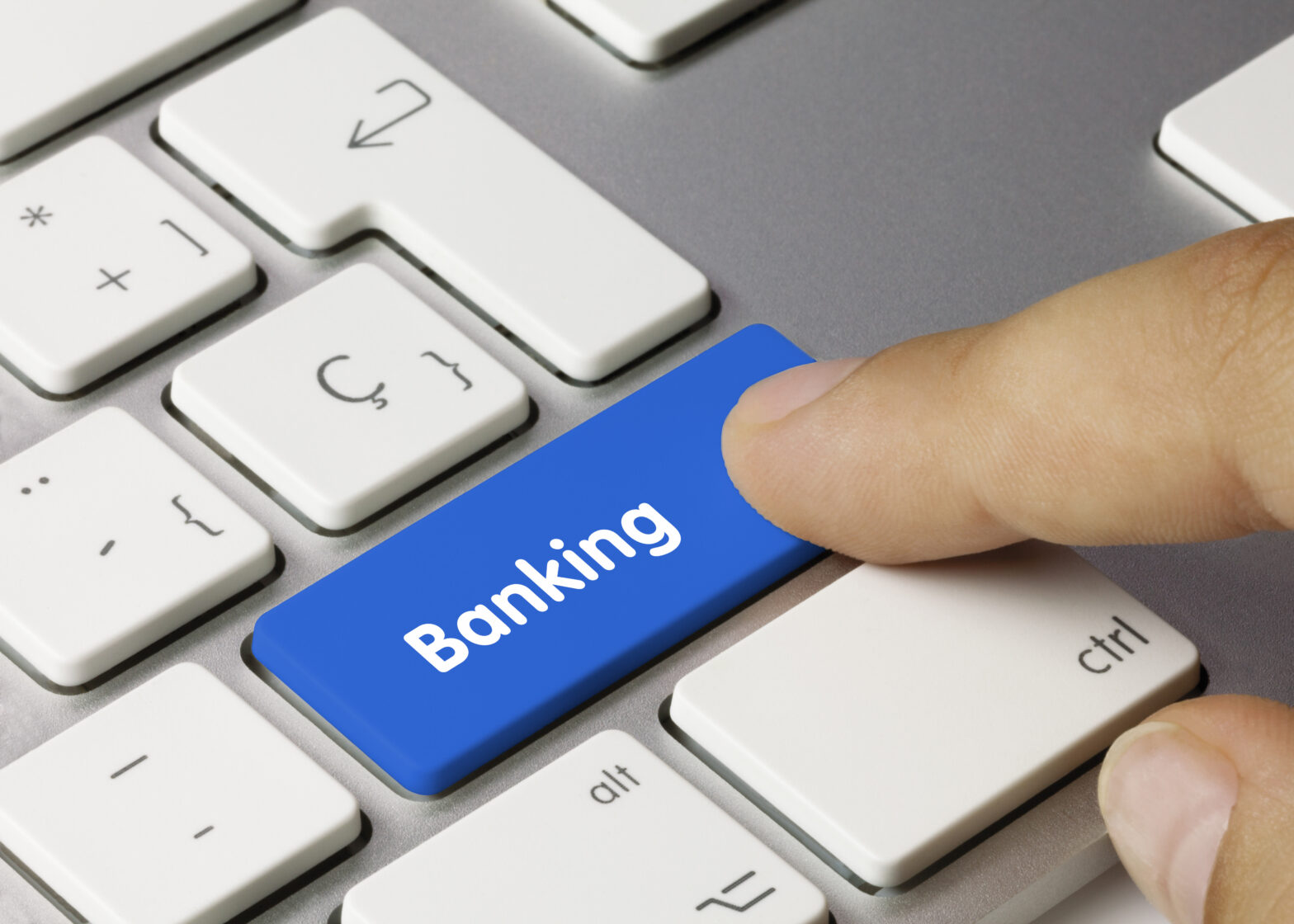A lot of attention is given to scrutinising bank accounts and other financial products, but not so much about how to assess the bank you’re interested in doing business with.
We’re here to change that. But before we do, it is worth stating at the outset that banks are businesses themselves and exist to generate returns for their shareholders. You can therefore expect to pay a price for the services and borrowing facilities provided.
Now, the business banking landscape has changed immeasurably since this article was originally published in 2007. Back then, you could pop into your local bank branch when you needed small change for the till or to cash in your cheques at the end of the day. These days, most banking is done online. It could be a 45-minute trip to your nearest branch which costs you in both time and money.
In this new world of banking, there are certain key elements to consider when evaluating your current bank and measuring this against others. SmallBusiness.co.uk and banking consultancy Lochroe point to a list of key considerations:
1. Surveys and reviews
Surveys and reviews are a good place to start. The results of the Business Banking Quality Survey, which gauges how likely an SME is to recommend their bank to other SMEs, are released twice a year. The survey ranks business banks on several different factors. The latest figures (February 2024) reveal that Handelsbanken (82 per cent), Monzo (78 per cent) and Starling Bank (71 per cent) ranked best for relationship/account management, to take an example.
Check out Google Reviews and Trustpilot to find out more about banks and what existing customers have to say about them.
2. Cost vs. Service
Draw up a list of your requirements before evaluating banks. Ask:
– What do you get for your money and does ‘free banking’ really mean free? If so, how long is the free banking period and what is the monthly cost thereafter?
– How much do the products meet your needs as a business?
– Does its values align with your business values, e.g. superior customer service or not supporting fossil fuels?
It will serve you well to know the bank’s limitations in relation to your needs as a business. For example, some accounts might not be able to accept international payments or the bank may impose charges on ATM withdrawals.
Compare business bank accounts now – Easily find the top business bank accounts from a range of providers here.
3. Does the bank have any branches?
This is an increasingly pertinent question in modern banking. A whopping 5,000 bank branches have closed in the UK since 2015, so if you want in-branch services, you’d be better off going for a more traditional high street bank.
It too is worth asking if you can do any banking at a local Post Office, such as paying in cash or cheques.
Rather than the traditional bank manager, accountants tend to scrutinise accounts these days. However, firms such as Metro Bank and Allica Bank are looking to bring back the bank manager of days gone by, so this is worth some exploration.
4. Are you eligible for their products?
Banks usually have eligibility criteria that takes one form or another. With some business accounts you will need a personal current account with the bank, while some are only open to sole traders or limited companies.
They don’t tend to work with businesses in gambling, cryptocurrency, weapons and other industries that are considered high risk.
See also: Can I open a business bank account after bankruptcy? – Having a business go bankrupt is a calamity for any owner-manager. But that doesn’t mean you cannot still have a bank account
5. Is my bank offering the right lending vs. security?
Unsecured borrowing for businesses has become increasingly hard to find. Director’s Guarantees often cause concern for the business owner but are pretty much unavoidable for limited companies.
It is often worth evaluating what other banks can offer before agreeing to give security for debt. If the funding has been structured properly then the requirement for security might be avoided or diminished.
6. Is bank funding the best source of money for your situation?
There are a large number of specialist funders who provide support in areas where the high street banks appear more risk averse.
Note that the number of banks looking to loan to small businesses – and the sums they’re willing to lend out – has shrunk over the past few years. It’s important to research these sources before choosing one route over another.
Alternative sources of funding may suit your business: consider family funds, external equity, asset finance, invoice and trade finance, equipment leasing, stock finance and payroll finance.
Get a business bank account quote today – click here.
Read more
Digital platforms top traditional banks on service – Digital banking platforms are still relatively new to the market but are gaining the trust of small and medium-sized businesses
Benefits of switching to the right business bank account – We’ve teamed up with the Current Account Switch Service to explain the benefits of switching your business bank account
What are the best business bank accounts in the UK? – Make the right decision about your small business bank account, whether you’re just starting out or you’re more established






